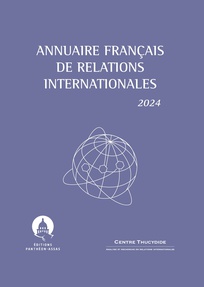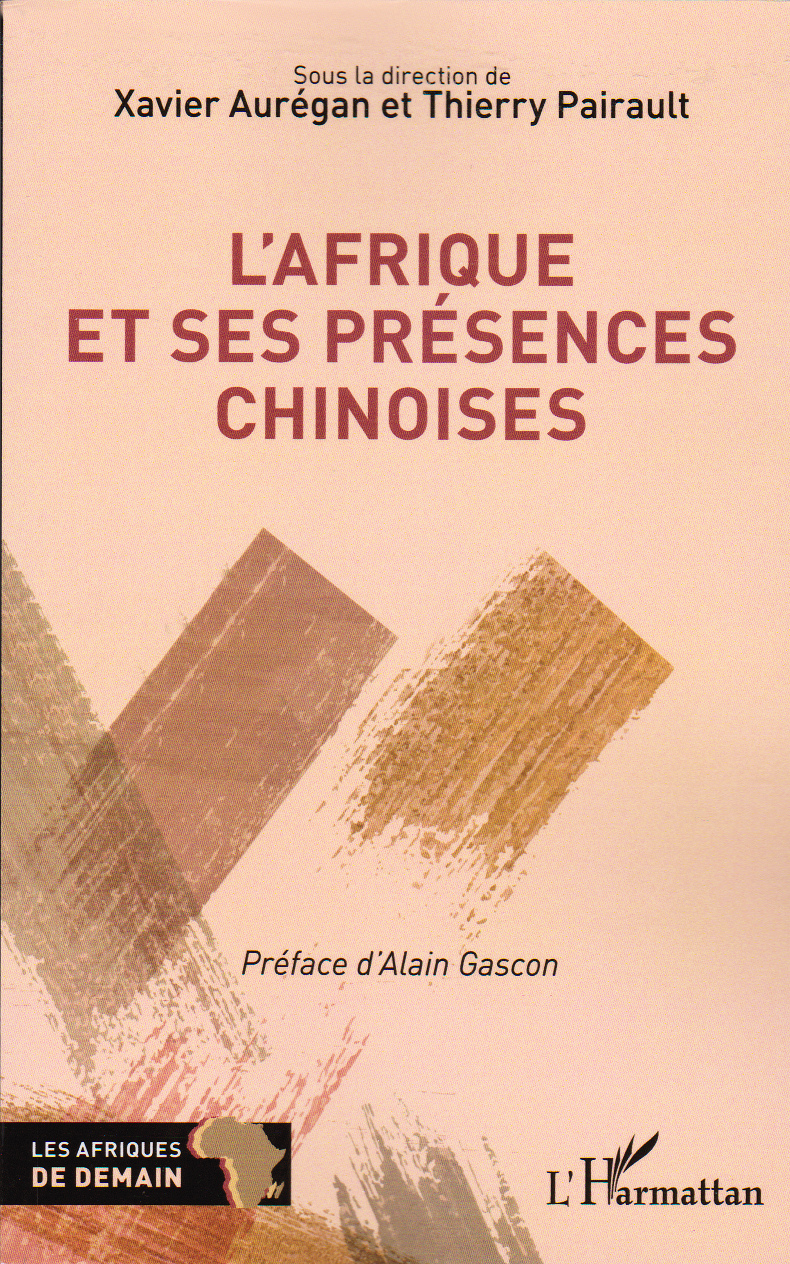China pact threat to Congo IMF aid (Financial Times)
By William Wallis in Dakar
Published: May 15 2009 03:00 | Last updated: May 15 2009 03:00
origine : http://www.ft.com/cms/s/0/774dc6e4-40e7-11de-8f18-00144feabdc0.html ![]()
But the agreement depends on China revising a $9bn (€6.6bn, £6bn) mines-for-infrastructure pact.
The deal, signed last year, gives Chinese companies rights to develop copper and cobalt reserves in one of the world's richest mining zones - but which is also among its least stable and poorest states. In exchange the Chinese would build roads, railways, schools and clinics.
It is the most ambitious of the minerals for infrastructure deals reached as China's fast-evolving relations with Africa began to challenge the dominance of former European colonial powers in trade, development thinking and political influence on the continent.
The Congolese government hoped that the project would allow the country to translate its mineral wealth into tangible development. But the terms of the deal, agreed when copper prices were soaring, have become the main obstacle to a fresh influx of western aid.
The economic landscape has also changed with many African countries, hit by a sharp decline in revenues, now seeking extra budgetary support from foreign donors. Facing declines in the price of copper and other minerals the Kinshasa government is now unable to finance even basic functions of the state.
Antoinette Sayeh, head of the Africa department at the IMF, said talks with the Congolese on a poverty reduction programme were nearly complete and could be approved by the IMF board as early as July.
Congo would then stand to gain from a write-off of $11bn of its external debt, and would be able to access billions in fresh development aid. "We have worked out most of the technical and policy issues . . . it now depends on outstanding issues on borrowing from China," Ms Sayeh, the former finance minister of Liberia, told the Financial Times.
The Paris Club of official creditors is reluctant to write off historic debt, contracted during the kleptocratic rule of Mobutu Sese Seko, the former dictator, only for the Congolese to access fresh loans from China on commercial terms.
Before going ahead with a programme, the IMF is insisting that Chinese lending be concessional, that state guarantees be removed and studies be completed to show that mineral reserves tied up in the deal cover the cost of infrastructure.
"The consensus is that it is a bad deal as it stands for the Congolese. But you can also understand the Chinese. They say you guys [western donor institutions] have been here 50 years and there is little to show for it. There isn't even a road connecting Kinshasa . . . to Goma," a senior African official said.
The Chinese have resisted attempts to improve the terms of the deal. Powerful vested interests in the cabinet of Joseph Kabila, the president, who thrived on murky mining deals during the country's civil war, are also resisting attempts to rearrange the deal.
© The Financial Times Limited 2009












